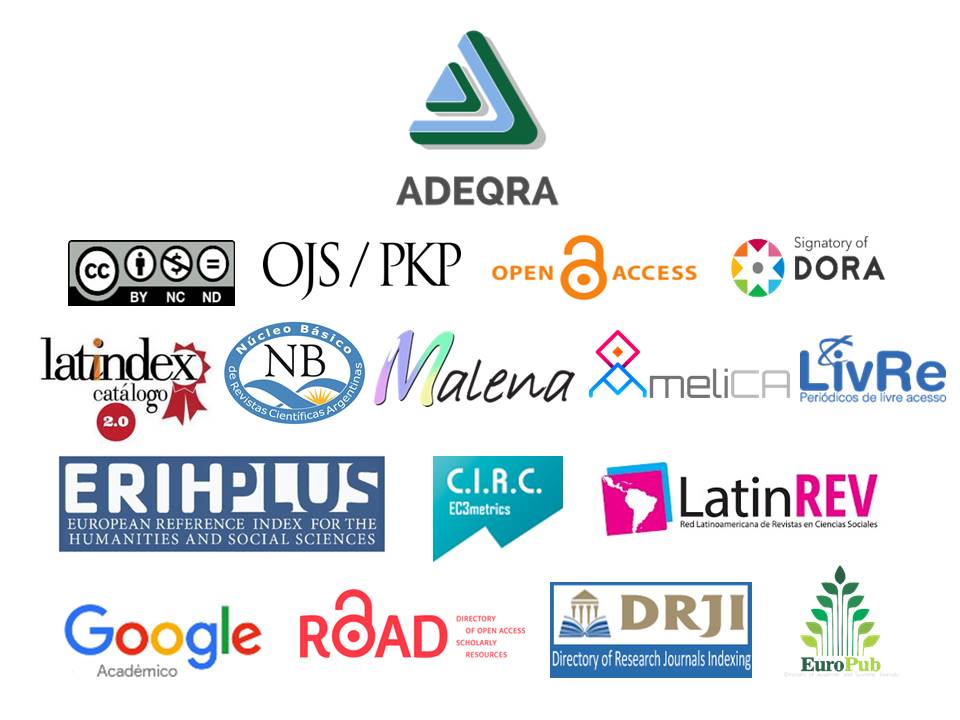Teaching Chemistry to people with hearing disabilities in regular schools. Analysis of inclusive didactic proposals for the teaching of science, published in Brazil between 2014 and 2018
Keywords:
inclusive education, chemistry, auditory disability, didactics proposals, BrazilAbstract
This exploratory and qualitative study investigates, analyzes and debates proposals for the teaching of chemical sciences in inclusive regular schools in Brazil, aimed at students with hearing disabilities. Through the analysis of Brazilian academic publications in the 2014-2018 period, this work attempts to draw useful considerations for this and other contexts in learning and inclusive teaching. Through the study of legislation related to academic inclusion in Brazil and Argentina, the history of education for people with hearing disabilities and visual pedagogy in science education is moving towards understanding the process of inclusion of the Deaf in regular classrooms.
References
Creswell, J. (2014). Research Design: Qualitative, Quantitative, and Mixed Methods Approaches. Londres: SAGE Publications.
Mayer, R. E. (2009). Multimedia learning (2° edic.). New York: Cambridge University Press.
Sassaki, R. K. (1997). Inclusão: construindo uma sociedade para todos. Rio de Janeiro, Brasil: WVA.
Published
How to Cite
Issue
Section
License
Copyright (c) 2020 Sonia Beritognolo, Andrés Raviolo

This work is licensed under a Creative Commons Attribution-NonCommercial-NoDerivatives 4.0 International License.



